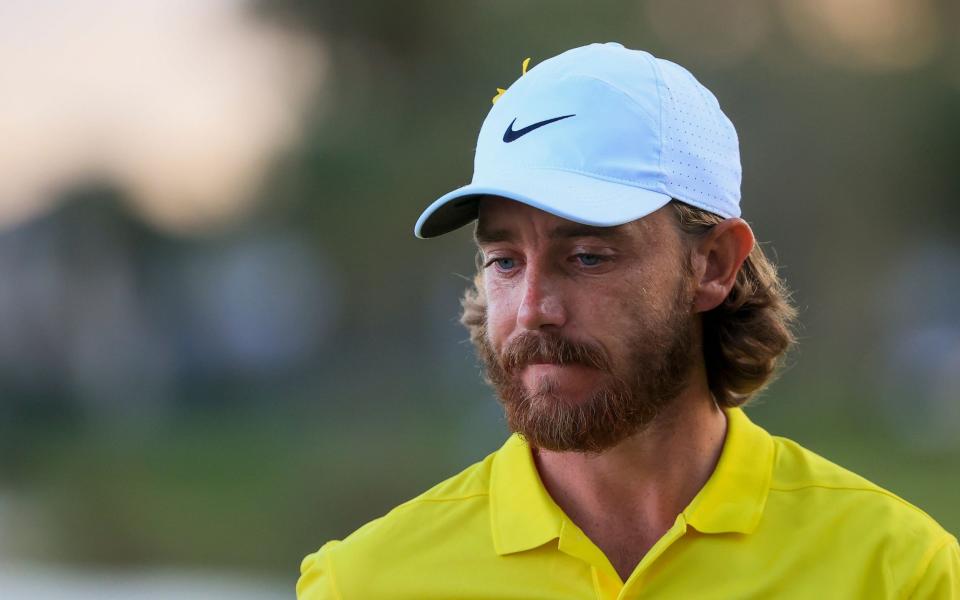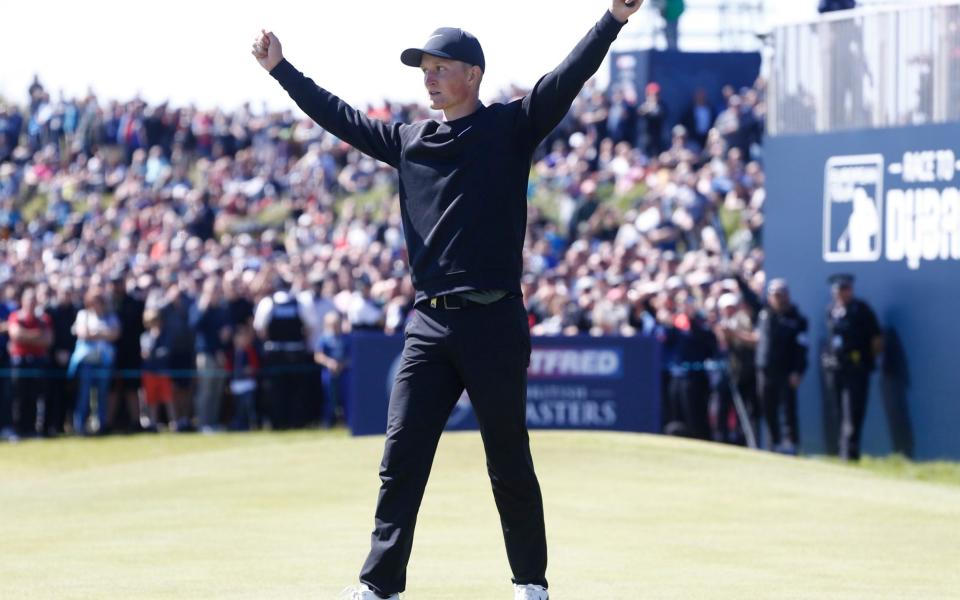PGA Tour to impose two-week quarantine period on professional golfers and caddies arriving from outside US

Professional golfers and caddies living outside the United States, including those in Great Britain and Ireland, have been told by the PGA Tour they will have to fulfil a two-week quarantine period in America before playing in tournaments.
With the pros expected to undergo the same period of segregation when they return to the UK, it would require them to spend a month in quarantine.
That scenario has already put off Tommy Fleetwood from entering the Charles Schwab Challenge in Texas, which on June 11 is due to become the first significant men’s tournament to be held since the game went into lockdown on March 12.
On Wednesday, Lee Westwood, the world No 31, confirmed to Telegraph Sport that unless these regulations change he will likely miss the US PGA, the first major of the season, on Aug 6-9.
When asked if he would play in the World Golf Championship event in Memphis and then the US PGA the week after, Westwood said: “Probably not. I’ve got the British Masters the week before Memphis and I figure that if there are still those conditions in place, I shouldn’t be travelling that far. There is more to life than golf. There has to be a balance between moving forward and still limiting exposure.”
The British Masters, of which Westwood is host, is expected to be the first European Tour event to be staged since the start of March. After that tournament, on July 23-26 in the plush surrounds of Close House, Newcastle, the Tour is planning to stage a run of events in Britain in order to get around the two-week quarantine dilemma.

It will be intriguing to see how many of the European Tour professionals do decided to miss the US PGA if the regulations have not changed by then, on either side of the Atlantic.
Of course, European players who reside in the US will not be affected, unless they deign to grace the European Tour. These include the world No 1 Rory McIlroy, Paul Casey, and Ian Poulter.
Justin Rose and Matt Fitzpatrick intend to travel from their respective homes in the Bahamas and Sheffield to play in the opener at the famous Colonial course in Fort Worth. That means they will have to be in the US by May 27 at the latest.
“It [the two-week quarantine rule] is likely to continue, and so it is imperative … they come back [to the US] at least two weeks prior to our return to competition,” Andy Levinson, the PGA Tour’s senior vice-president of tournament administration, said on a conference call with the media.
It also means that caddies such as Harry Diamond, who lives in Northern Ireland and works for McIlroy, and John McLaren, who works for Casey, have big decisions to make. Flying back and forth is not a realistic option.
Fitzpatrick owns a residence in southern Florida and could stay in the US for as long as six months to take in the rescheduled Masters in November.
Meanwhile, if nothing changes, Fleetwood is likely to go to the US in July and stay until the end of September.
The riches on offer are certainly tempting. While there will be no fans for at least the first four events – and nobody expects galleries to be permitted any time soon – there are large purses to play for. The PGA Tour confirmed on Wednesday that the prize funds will not be reduced, despite the global downturn.
The Tour also set out an impressively detailed health and safety plan that will see the players and caddies tested on site. There will be bunker rakes, and flag sticks can be touched, but this will be a highly sanitised environment, with the Tour providing a chartered flight from each tournament site to the next, and dedicated hotels. Never will “the bubble” have seemed such an appropriate description.

